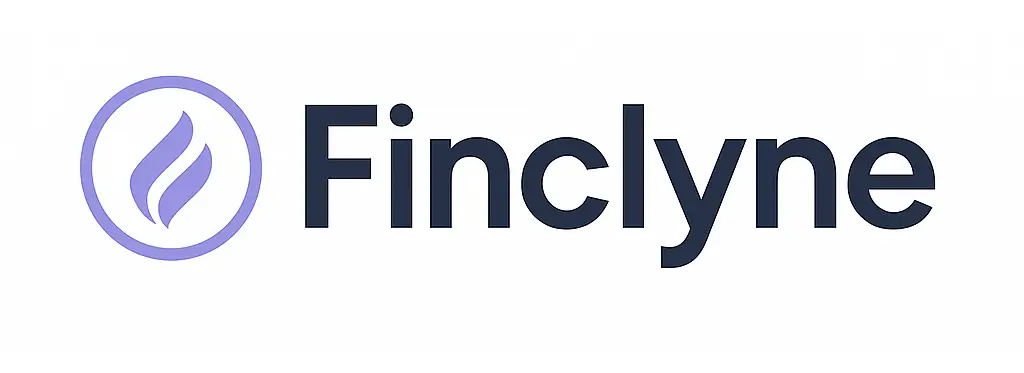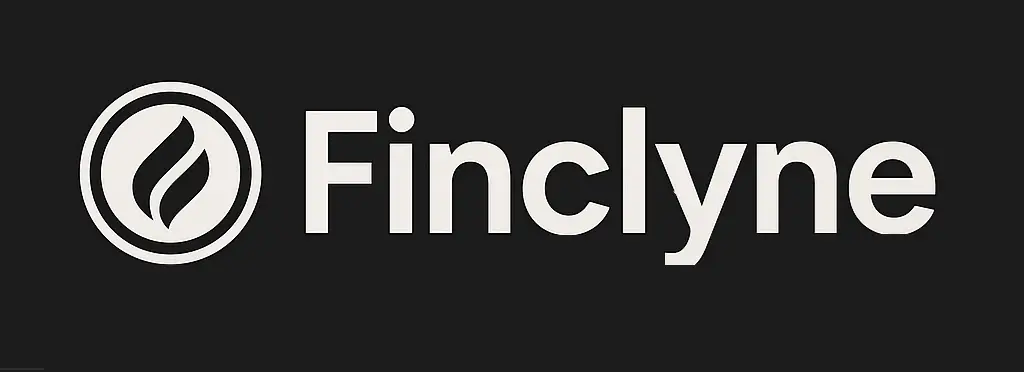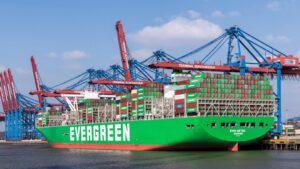## Could Your Portfolio Survive WWIII? 2 ETFs to Consider in a Worst-Case Scenario
The prospect of a large-scale global conflict is unsettling, to say the least. While nobody wants to imagine such a scenario, prudent investors often consider how their portfolios might fare in various extreme circumstances, including geopolitical upheaval. It’s crucial to remember that investing during times of conflict carries significant risk and uncertainty, and no investment is guaranteed to perform well. However, some sectors historically hold up better than others during periods of heightened global tension. If you’re a young investor looking to understand how to potentially mitigate risk in a worst-case scenario, two ETFs warrant a closer look: defense and commodities.
Defense ETFs invest in companies involved in the production of military equipment and technology. In times of escalating international conflict, governments often increase defense spending, which can benefit companies operating in this space. This potential increase in demand can lead to rising stock prices for these companies, making defense ETFs a potential haven during geopolitical instability. Several defense ETFs offer diversified exposure to this sector, allowing investors to participate in this potential upside without needing to pick individual defense stocks. It’s important to note, however, that the performance of defense stocks isn’t solely tied to conflict. Governmental regulations, technological advancements, and international relations all play a role. Therefore, while they might offer some resilience during wartime, they’re not immune to market fluctuations.
Another area to consider is commodities. Commodities like gold, oil, and agricultural products are often seen as safe haven assets during times of crisis. Historically, the prices of these commodities can rise when global uncertainty spikes, as investors flock to tangible assets. Investing in a broad commodities ETF can provide exposure to a basket of these assets, offering potential diversification and a hedge against inflation, which often accompanies periods of conflict. However, even commodities are not a guaranteed win. Supply chain disruptions, specific resource scarcity, and the unpredictable nature of global events can significantly influence commodity prices. Therefore, it’s essential to conduct thorough research and understand the inherent volatility of commodity markets.
Investing in any scenario, especially one as complex and unpredictable as a large-scale global conflict, requires careful consideration and a long-term perspective. While defense and commodity ETFs might offer some potential downside protection in a worst-case scenario, they are not without risk. Diversification, a well-defined investment strategy, and a focus on long-term financial goals should always be paramount. Remember, this information is for educational purposes only and does not constitute financial advice. Always consult with a qualified financial advisor before making any investment decisions. Staying informed, understanding your risk tolerance, and making informed decisions are crucial for navigating any market condition, especially one as potentially volatile as a global conflict.





